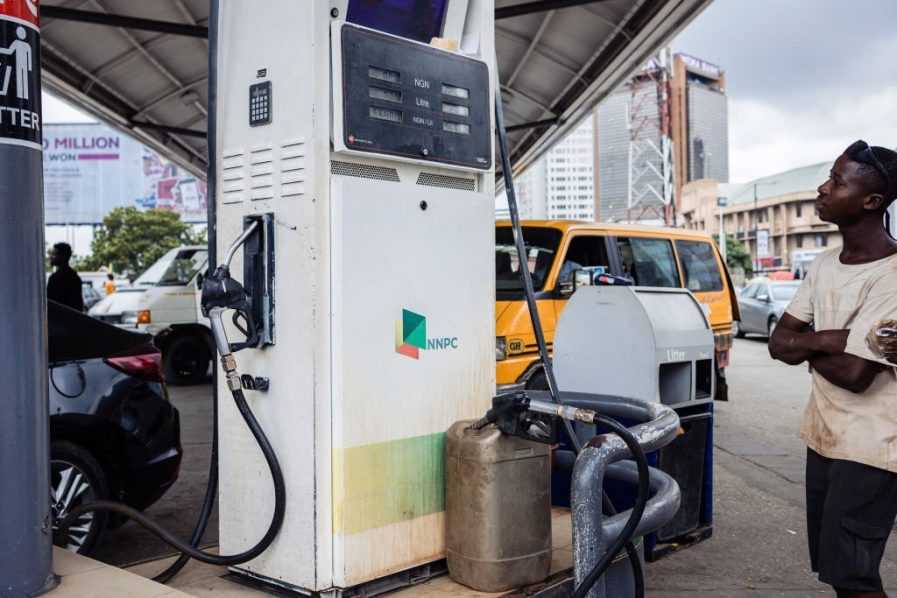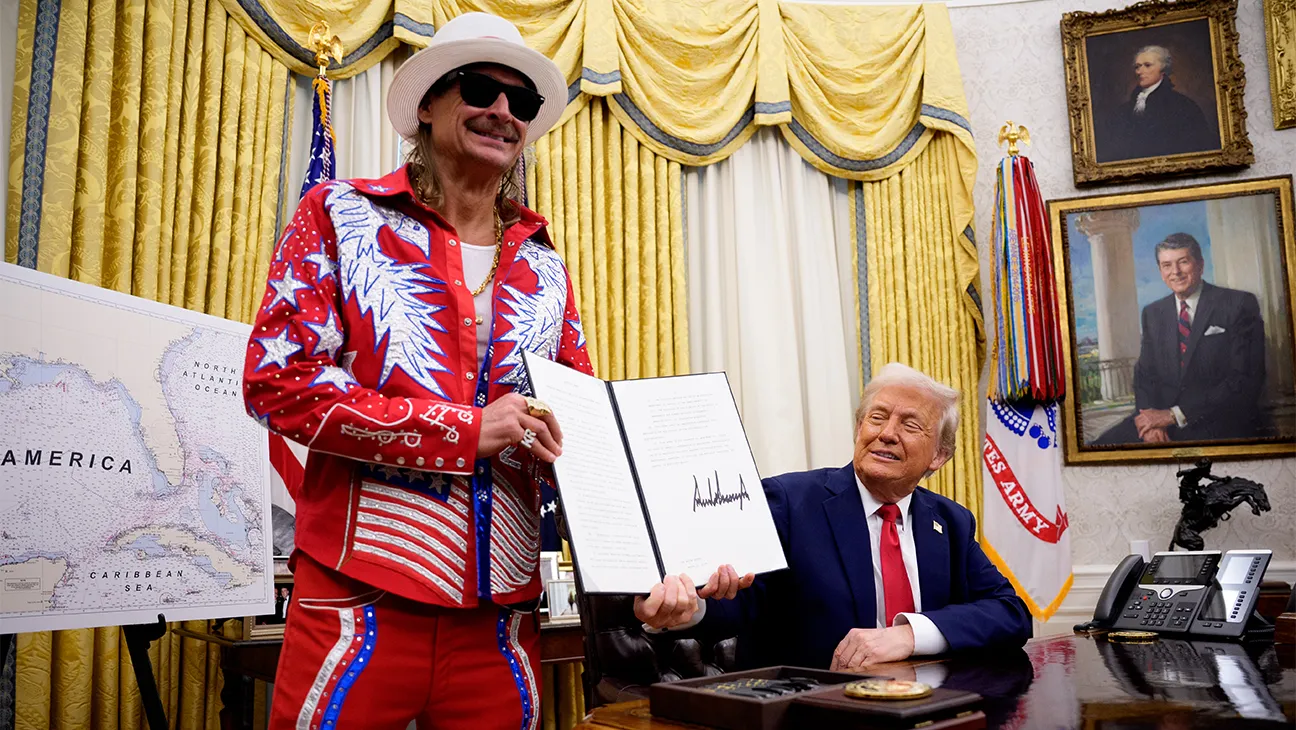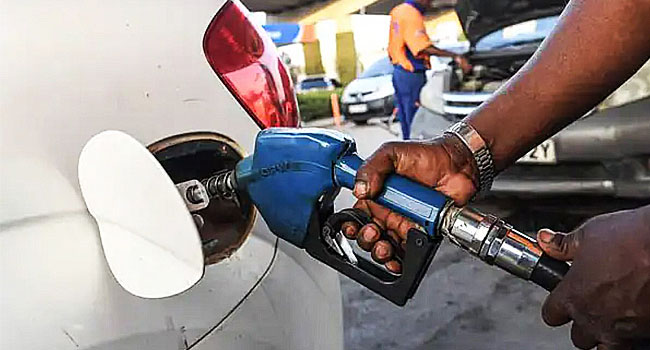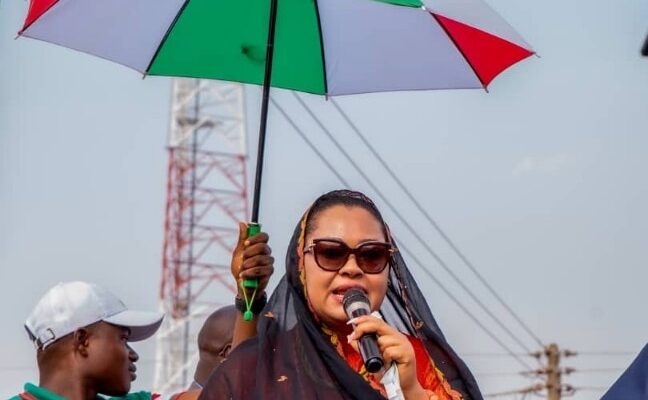The Nigerian naira has experienced significant volatility recently, prompting concerns among Bureau de Change (BDC) operators and financial experts. Several factors contribute to this unpredictability:
-
Forex Outflows and Global Economic Uncertainty: The ongoing tariff disputes between major economies, notably the United States and its trading partners, have led to global economic uncertainties. This environment has triggered foreign investors to withdraw funds from Nigeria, seeking safer assets elsewhere. Such capital flight exerts pressure on the naira, leading to its depreciation.
-
Supply-Demand Imbalance in the Forex Market: BDC operators have highlighted a significant gap between the demand for and supply of foreign currency. The Central Bank of Nigeria's (CBN) decision to unify exchange rates aimed to streamline the forex market. However, this move has inadvertently reduced the availability of dollars to BDCs, limiting their capacity to meet retail forex demands. This shortage has intensified the naira's depreciation, especially against major currencies like the British pound and the U.S. dollar.
-
Dangote Refinery's Shift in Currency Policy: The Dangote Petroleum Refinery, a pivotal entity in Nigeria's oil sector, recently announced a temporary suspension of fuel sales in naira. This decision stems from challenges in procuring crude oil in dollars while selling refined products in naira, leading to financial mismatches. Such policy shifts can further strain the naira, as businesses and traders may increasingly seek U.S. dollars, amplifying demand and exacerbating currency volatility.
In response to these challenges, the CBN is contemplating measures to stabilize the naira. One such approach includes increasing dollar liquidity in the market to bridge the supply-demand gap. Financial experts advocate for a more inclusive forex market structure, suggesting that allowing BDCs and other non-bank entities greater access could enhance competitiveness and transparency. Additionally, there's a call for policy reforms aimed at boosting local production and reducing import dependence, which would alleviate pressure on the naira over time.
Addressing the naira's volatility requires a multifaceted strategy, encompassing immediate interventions to stabilize the currency and long-term structural reforms to strengthen Nigeria's economic resilience.

.jpg)









